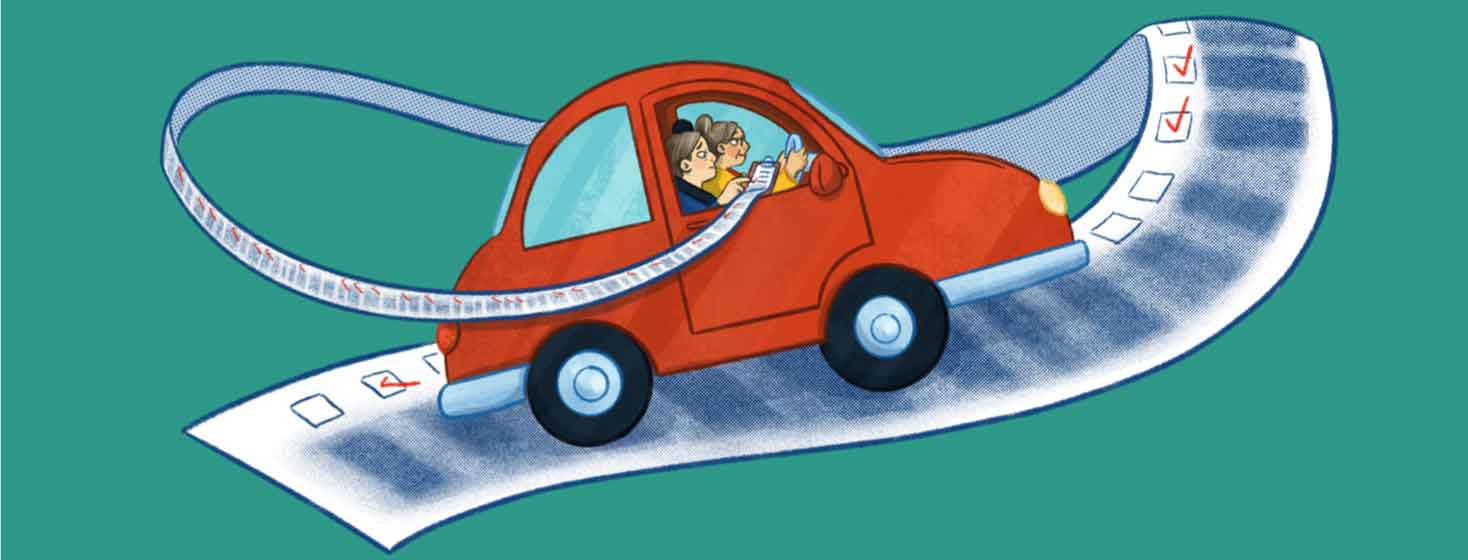When We Are Eager to Undergo Medical Tests
Medical tests are not enjoyable by any means but that doesn't mean one won't feel eager to have a medical test performed.
This is likely most understandable amongst the rare disease community as it can often take years to receive a rare disease diagnosis. Due to the rarity of rare diseases, knowledge – and even medical testing – can be difficult to come by for obtaining a diagnosis. This can result in extended periods of an individual experiencing symptoms without knowing why or how to manage them.
Not knowing can be emotionally exhausting and beyond frustrating. It can get to the point where we just want a diagnosis – to know why we're experiencing symptoms – even if that means it is from a lifelong condition.
The long road to a rare disease diagnosis
The rigmarole of obtaining a diagnosis often includes difficulty in getting the necessary medical testing to reach a diagnosis. This may be due to insurance requirements for testing approval or a doctor's unwillingness to continue medical testing.
Often, additional testing requires spending time getting standardized tests completed and going through the trial and error testing of medications before other tests may be completed. This lengthens the time for obtaining a diagnosis, even when it isn't a rare disease.
I am no stranger to long waits and lots of medical tests
I've experienced this multiple times for conditions beyond my rare diseases. It took a month of testing just to diagnose a bulging disc in my neck because my doctor would only order 1 test a week, starting with lab, and wouldn't order an MRI until she had exhausted all other tests.
It took 6.5 months and 7 specialists to diagnose me with abdominal migraine. I am currently undergoing multiple medical tests to determine the cause of my vomiting. For 6 months, I was required to wait before being able to obtain an upper scope (esophagogastroduodenoscopy or EGD) to evaluate my esophagus and stomach. I was ecstatic when I was finally approved for the EGD; I didn't even care about my needle phobia. I just wanted the test. Unfortunately, the cause of my vomiting wasn't determined by any of the findings of my EGD. However, I remain thrilled that the EGD was finally completed.
I am eager to know what is causing my symptoms
In all these instances, I have felt beyond eager just to have a medical test performed so that I might be able to know what is causing my symptoms, even though the symptoms may never be fully resolved.
I have permanent degeneration of my disc that resulted in the bulging disc and my abdominal migraine is lifelong. I may never resolve my vomiting. But at least I may be able to know why – if only the necessary medical tests are completed to discover the reason.
Acknowledging anxiety that goes along with medical testing
Eagerness for a medical test to be completed in the hopes of obtaining answers doesn't mean that one still won't have anxiety about undergoing medical testing. It's not uncommon for individuals with chronic illness, especially conditions that have yet to be diagnosed, to experience some medical trauma associated with frequent medical testing.
It's common to experience anxiety associated with waiting for test results and fear of what those results might be or mean. It's possible to have mixed emotions about medical testing – even when we desperately want a test performed to help us gain answers.
Are you waiting for medical tests with the hope of getting answers? Do you have mixed emotions about testing? Tell us more in the comments below!

Join the conversation